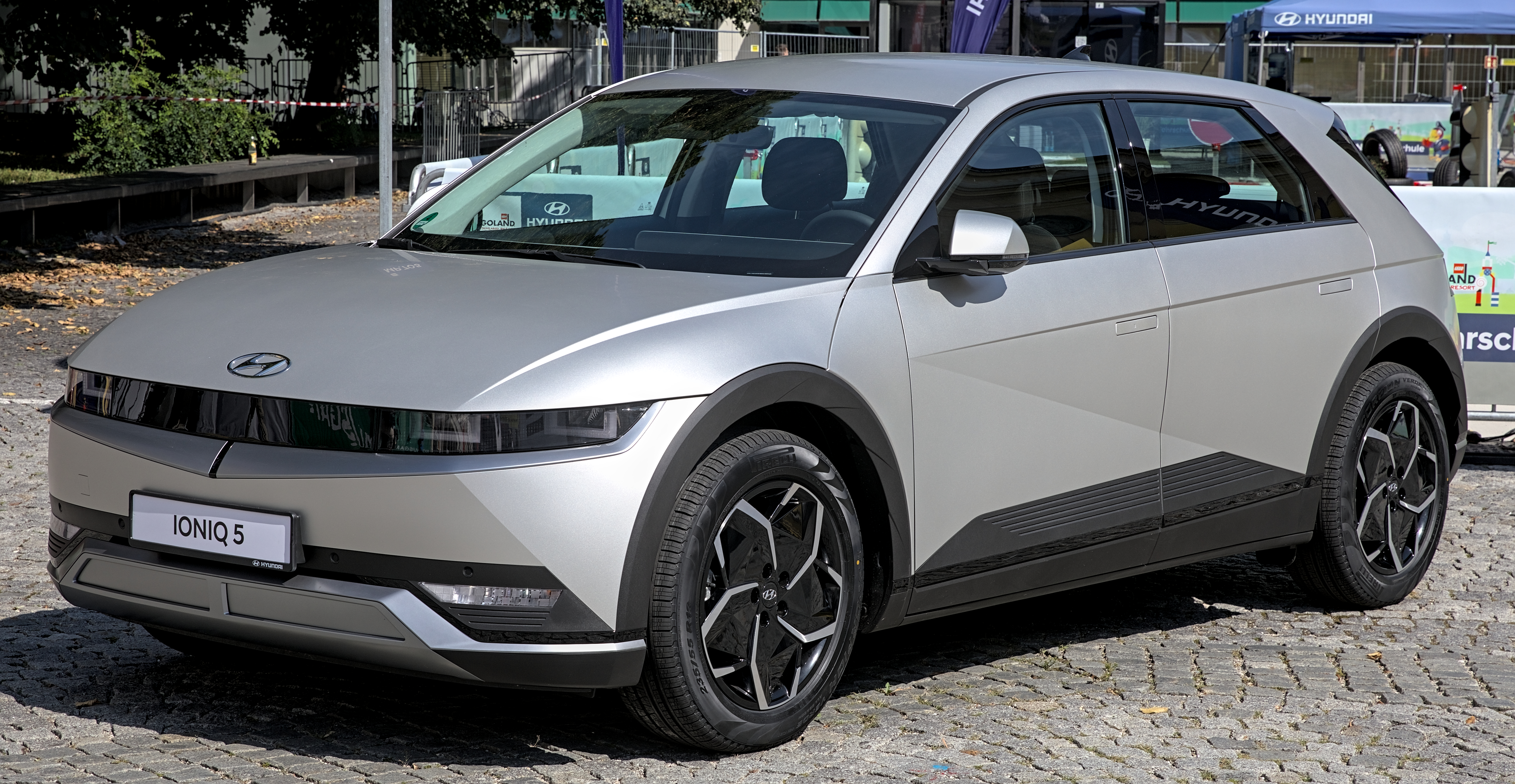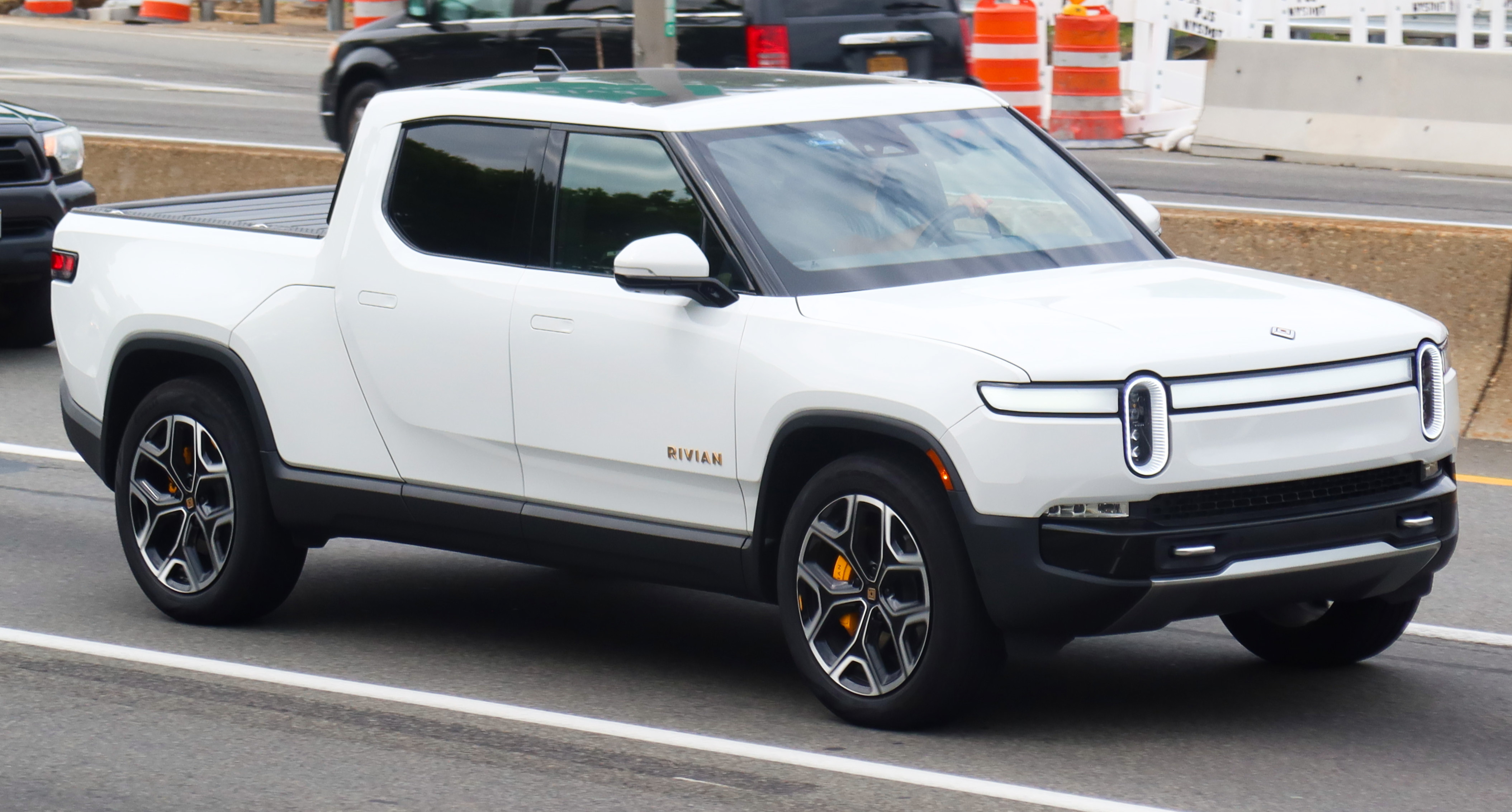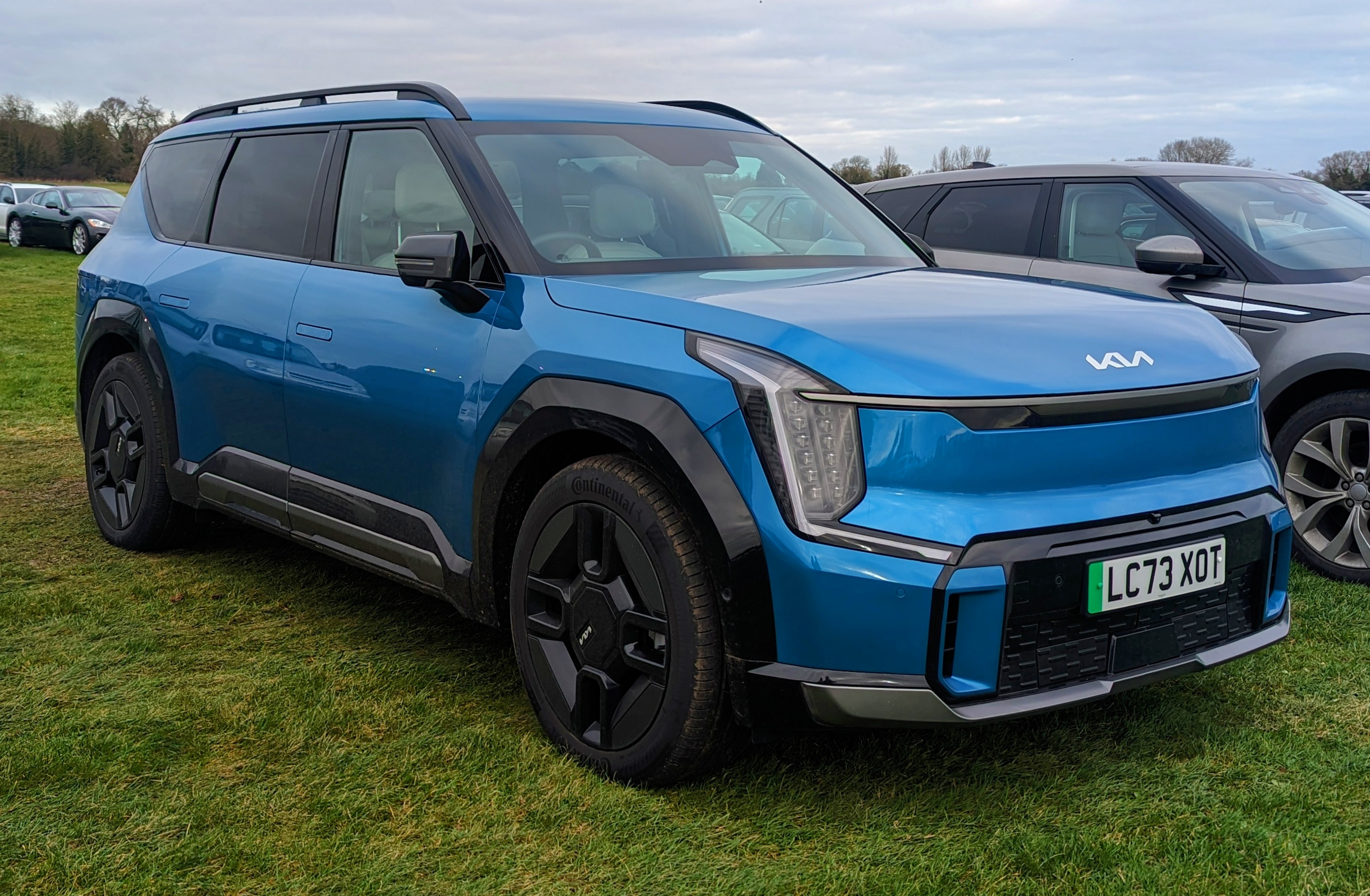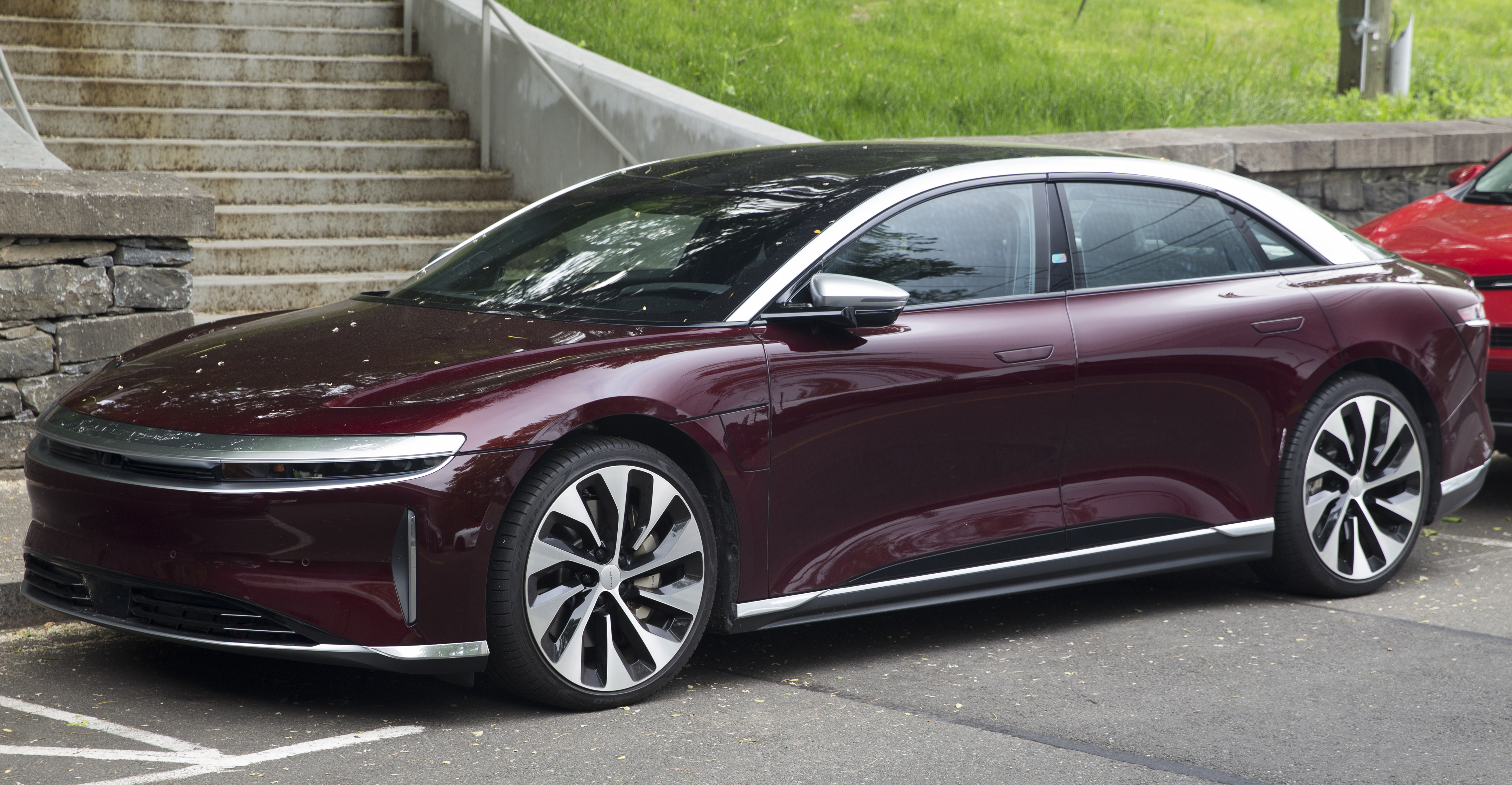Tesla vs Kia, Hyundai, and Other Brands: Style, Luxury, or Performance?

Electric vehicles (EVs) are redefining the automotive landscape, and as they gain traction, the competition is heating up. Among the frontrunners in this electrifying race are Tesla and its rivals from Kia, Hyundai, and Genesis. Each brand brings something unique to the table, and the decision for buyers often boils down to personal preference: style, luxury, or performance. This article delves into the strengths and features of these competitors, providing insights into what makes each of them stand out.

1. **Tesla Model 3 Standard Range**: As a benchmark in the electric car arena, the Tesla Model 3 Standard Range offers an impressive performance that caters to a wide audience. Starting at $41,630, it’s not just about affordability, but also efficiency with a range of 272 miles and a sprightly 0 to 60 mph time of 5.8 seconds. The Model 3’s access to Tesla’s extensive Supercharger network further solidifies its position as a top contender, making it a practical choice for everyday drivers.

2. **Hyundai Ioniq 5**: This stylish EV has captured hearts since its launch, boasting a standout design and a range of 303 miles. Priced at $43,195, the Ioniq 5 combines aesthetics with practicality, offering rapid charging capabilities and a user-friendly tech suite. It’s a vehicle that not only excels in performance but also provides the comfort and features that modern drivers seek.

3. **Rivian R1T**: The Rivian R1T is the epitome of adventure on four wheels. With a rugged design and a range of up to 420 miles, it’s perfect for those who crave outdoor exploration. Its starting price of $71,700 reflects its premium features, including unique storage options and advanced tech that enhances the driving experience. The R1T isn’t just an electric truck; it’s a companion for eco-adventurers who want to traverse the unbeaten path.

4. **Kia EV9**: Family-oriented buyers will appreciate the Kia EV9. With three-row seating and a price tag starting at $56,395, it’s designed for urban utility without compromising on style. The EV9 offers a variety of configurations, making it a versatile choice for families looking for a spacious and modern electric SUV. Its fast charging capabilities and advanced driver-aid technologies add to the appeal.

5. **Hyundai Kona Electric**: For budget-conscious shoppers, the Hyundai Kona Electric is a compelling option. With a starting price of $34,070 and a respectable range of up to 261 miles, it aligns modern features with affordability. This compact SUV is perfect for urban driving while providing enough space and comfort for daily commutes.

6. **Lucid Air**: If luxury is the name of the game, the Lucid Air is hard to overlook. With a staggering range of up to 516 miles and a starting price of $71,400, it’s the most energy-efficient EV available today. The Lucid Air combines opulence with cutting-edge technology, making it a premier choice for those who want to travel in style and comfort.

7. **BMW i7 xDrive60**: BMW’s entry into the electric space is nothing short of spectacular. The i7 offers a luxurious experience with advanced tech features and ample power. With a starting price of $125,195, it’s aimed at those seeking a high-end electric vehicle that does not skimp on performance or luxury.

8. **Tesla Model Y Long Range AWD**: The Model Y builds upon the success of its sibling, the Model 3. With a range of 330 miles and a starting price of $51,880, it’s designed for those who want the benefits of an SUV combined with Tesla’s innovative technology. The spacious interior and practical features make it a popular choice among families and adventurers alike.

9. **Porsche Taycan GTS**: For performance enthusiasts, the Porsche Taycan GTS offers a thrilling experience. Priced at $140,950, it delivers on both speed and design. With a 0 to 60 mph time of just 3.5 seconds and dynamic handling, the Taycan is the perfect vehicle for those who prioritize driving pleasure above all else.

As we navigate through the distinct offerings from Tesla and its competitors, it becomes evident that the choice ultimately rests on individual preferences. Whether you lean towards Tesla’s performance and technology, Hyundai’s stylish practicality, or the luxury and comfort of Genesis and Rivian, the EV market has something to cater to every taste and requirement.

The electric car revolution is in full swing, and as consumers weigh their options, understanding the key differences between these brands will undoubtedly lead to more informed choices. The landscape is evolving, and with it, the opportunities for drivers to find the EV that aligns perfectly with their lifestyle aspirations. This competitive spirit is not just a battle for market dominance; it’s a race towards a sustainable and exciting automotive future.

10. **Performance Metrics That Matter**: When diving into the intricacies of electric vehicles, performance metrics stand out as crucial elements. Factors such as acceleration, handling, and overall driving dynamics can sway a buyer’s decision significantly. While Tesla models, like the Model 3 and Model Y, are known for their impressive acceleration and agility, competitors like the Porsche Taycan GTS offer a thrilling driving experience with precision handling that enthusiasts crave. Each vehicle showcases unique performance traits that cater to different driving styles, making this aspect a key point of consideration.

11. **Charging Infrastructure**: The ease of charging is paramount for any electric vehicle owner. Tesla has set the standard with its extensive Supercharger network, which provides fast charging options across the country. On the other hand, newer contenders like Hyundai and Kia are rapidly expanding their charging solutions, including compatibility with various networks. As consumers weigh their options, the availability of convenient charging stations can be a decisive factor in their vehicle choice.

12. **Interior Comfort and Technology**: Interior features can make or break the driving experience. With brands like Genesis and BMW, luxury is at the forefront, offering plush interiors and state-of-the-art technology. For instance, the BMW i7 xDrive60 impresses with an abundance of tech features and comfort, while the Hyundai Ioniq 5 balances modern amenities with user-friendly interfaces. Buyers must consider what interior elements matter most to them, whether it’s high-end materials, spaciousness, or cutting-edge infotainment systems.

13. **Value for Money**: As electric vehicles become more mainstream, the price versus features equation becomes more vital. The Hyundai Kona Electric stands out for its affordability while still delivering a respectable range and tech features suitable for daily driving. Conversely, luxury models like the Lucid Air and BMW i7 offer exceptional performance but come with a hefty price tag. Assessing what constitutes a good value can vary widely among buyers, making it essential to analyze the balance of features and pricing in the competitive EV market.

14. **Resale Value Considerations**: As with any vehicle, the potential resale value is an essential consideration. Brands like Tesla have established a strong resale market due to their brand reputation and performance metrics. Meanwhile, newer entrants like Rivian and Lucid are still establishing their foothold in this regard. Understanding how a vehicle’s depreciation may impact future financial decisions can play a key role in the purchasing process, especially for those who like to upgrade frequently.

15. **Driving Range and Everyday Usability**: While performance metrics are exciting, the practical aspects of everyday usability cannot be overlooked. Many buyers look for vehicles that can comfortably meet their daily driving needs without frequent charging stops. EVs like the Tesla Model Y Long Range offer a balanced approach with a solid range of 330 miles, suitable for both daily commutes and longer trips. In contrast, models like the Rivian R1T, with a range of up to 420 miles, cater to adventure seekers who require extensive range for outdoor exploration.

16. **Ecological Impact**: As more consumers become environmentally conscious, the ecological footprint of their vehicle choice is a significant consideration. Electric vehicles, by their nature, present a more sustainable option compared to traditional gasoline-powered vehicles. Brands like Hyundai and Kia emphasize their commitment to sustainability throughout their manufacturing processes, which can resonate with buyers looking to make a responsible choice for the planet.

17. **Customer Support and Warranty**: Lastly, the level of customer support and warranty offered by automakers can influence buying decisions. Tesla, with its direct-to-consumer sales model, provides unique customer service experiences. Kia and Hyundai, known for their extensive warranties, deliver peace of mind regarding maintenance and repairs. It’s worthwhile for buyers to consider these factors, as they can significantly impact the ownership experience over the long haul.

The electric vehicle market is thriving with a plethora of options from Tesla and its fierce competitors. Choosing the right vehicle comes down to personal priorities and preferences, whether they align more with luxury, performance, or style. Understanding these key differences and features will empower buyers to make informed decisions, aligning their choice with their lifestyle aspirations. The vibrant landscape of electric vehicles is not just about competition; it’s about a shared vision for a sustainable future in transportation.
Related posts:
Best Electric Cars and EVs for 2024
I drove Mercedes’ $100,000 Tesla rival and loved almost everything about it except its controversial
I drove a $400,000 Rolls-Royce and a $140,000 Mercedes and found what the extra $260,000 gets you
Discover more from Auto Travel World
Subscribe to get the latest posts sent to your email.












